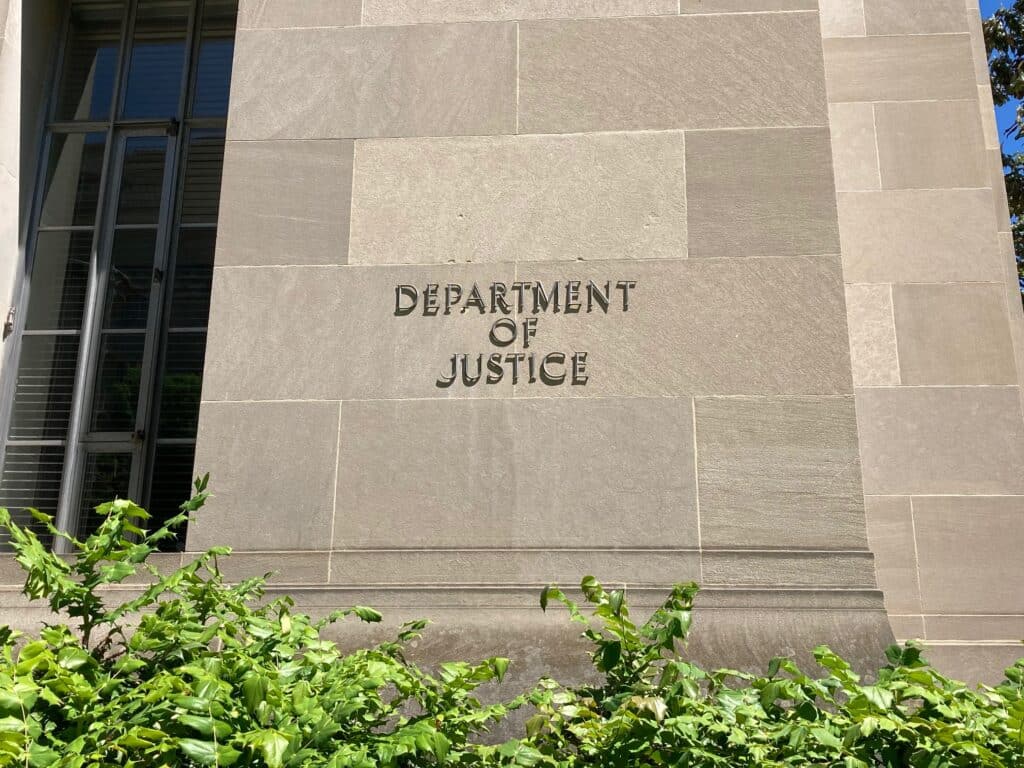A whistleblower whose qui tam suit against Booz Allen led to a historic settlement is telling her whistleblower story after receiving a $70 million award.
Sarah Feinberg’s whistleblowing culminated in a settlement, announced on July 21, in which Booz Allen agreed to pay $377 million to settle charges that it violated the False Claims Act (FCA). The settlement is one of the largest procurement fraud settlements in history.
The FCA’s qui tam provisions enable private citizens to file lawsuits on behalf of the government if they know of an individual or company defrauding the government. Qui tam whistleblowers like Feinberg are eligible to receive between 15 and 30% of the government’s recovery.
In a new series of interviews with publications including The Washington Post and NBCNews, Feinberg recounts how she came to blow the whistle on Booz Allen and her thoughts on the historic settlement.
A former Marine who joined Booz Allen as a financial analyst, Feinberg claims she discovered that the company was billing the United States for costs that had no relationship to the underlying contracts.
“I discovered that our commercial and international practices were very unprofitable,” she told NBCNews. “And in order to keep the company profitable, they were passing those costs onto the U.S. government contracts.”
Feinberg initially thought this must be an oversight.
“I was very naïve at the time, and I thought that the reason people do the wrong thing is because they don’t know that something is happening, or they don’t know what the right thing is,” she further told NBCNew. “So I went and I talked to the head of finance, and presented what I had found, and asked if he was aware of it.”
The head of finance, Warren Kohm, reportedly told Feinberg that federal auditors were “too stupid” to figure out what Booz was doing. Feinberg soon resigned, but kept extensive documentation of the alleged fraud. She was initially hesitant to come forward, but her husband urged her to blow the whistle.
“I loved Booz,” Feinberg told The Washington Post. “The idea that all the people I respected were doing the wrong thing was devastating to me. I did not want to further dwell on that. But my husband said, ‘This can’t be about you. You have to do the right thing.’”
Several years later, the historic settlement netted Feinberg a nearly $70 million whistleblower award.
“I’ve got three kids, and I tell them, ‘Doing the right thing is the right thing, no matter what the outcome is,’” Feinberg told NBCNews. “There’s very few times in this life where you’ll actually be rewarded for doing the right thing, but this is one of those unique situations.”
Feinberg’s story highlights both the power of the False Claims Act in holding fraudulent companies accountable and the importance of qui tam whistleblowers in exposing fraud.
On July 25, a bipartisan group of senators introduced the False Claims Amendments Act of 2023, which address a few technical loopholes undermining the success of the FCA. The bill is widely supported by whistleblower advocates.
“The False Claims Act is America’s number one fraud-fighting law,” said whistleblower attorney Stephen M. Kohn. “These amendments are urgently needed to ensure that whistleblowers can continue to play their key role in protecting taxpayers from corporate criminals.”
Further Reading:
‘Doing the right thing’ was worth $40 million to this Marine veteran and mother of three
How a whistleblower says Booz Allen Hamilton defrauded the government
